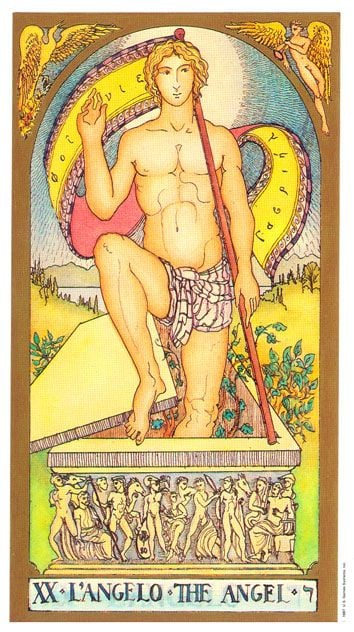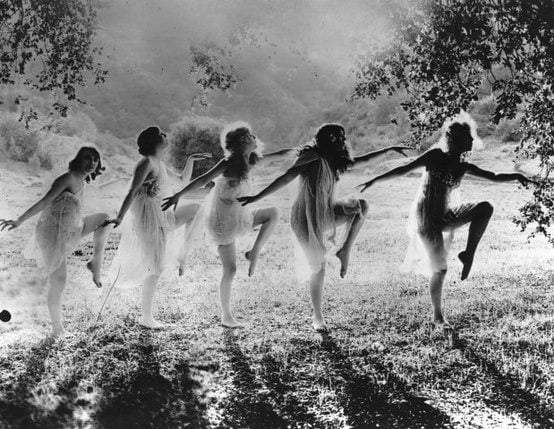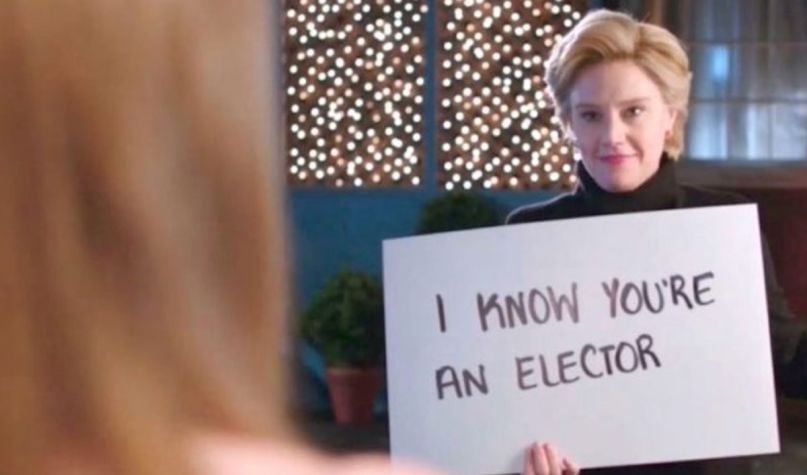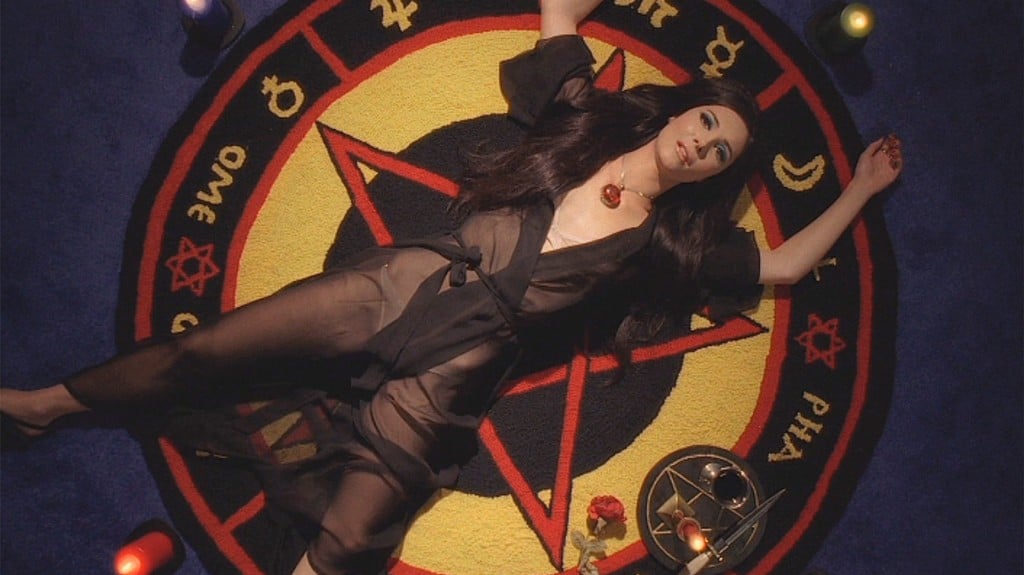NBC News has issued a follow up report on their coverage of the triple homicide in Pensacola, Florida that was characterized by local law enforcement (specifically the spokesperson for the county sheriff’s office) as being a “ritualized Wiccan killing.” Once this particular news article hit social media, reactions were swift and volatile. Many pagan spokespersons took it upon themselves to contact various media outlets and offer their thoughts on the erroneous assumption that Wicca (a modern religion based upon nature worship, animism and polytheism, among other precepts) contains any rituals or rites of murder, as Pensacola law enforcement seem to be suggesting. The spurious connection to last week’s Blue Moon was also lambasted. The Guardian published an article on the pagan community’s response to media coverage of the case, offering quotes from pagan elder Selena Fox, among others.
I had the opportunity to talk with NBC News reporter Erin Calabrese today. It was an interesting conversation, and, as many of these conversations go, many intriguing details and statements did not, alas, make it into the resulting article! But I appreciated that Ms. Calabrese (who was intrigued by my mention of Kerr Cuhulain’s Law Enforcement Guide to Wicca) and her colleague Becky Bratu worked on a follow-up piece, as the initial article from NBC News caused a ruckus, to say the least. (Many readers voiced their displeasure via NBC’s website and Twitter page, myself among them). My friend Seamus McKeon, who lives in California, suggested Ms. Calabrese contact me specifically to discuss the media coverage parallels to the West Memphis Three case, and he is quoted in the article as well.
Indeed, for those unfamiliar with the West Memphis Three case, suffice it to say that three innocent young men were sent to prison for eighteen years after being convicted of a grisly triple murder of three boys in Arkansas in 1993. The murders were characterized as “cult killings” by local police, and a bogus “cult crime expert” gave ridiculous testimony that nevertheless painted supposed “ringleader” Damien Echols (a smart, sensitive 18 year old outcast who was dabbling in Wicca and other aspects of the occult at the time; he is now a practicing Buddhist and has been for a number of years) as a monster who had committed an act of ritual human sacrifice. The Witches’ Voice website covered the case in detail for years. The Three were released in 2011, and have been truing to rebuild their lives; the killer remains at large, although the case is still being investigated and one victim’s stepfather is the prime suspect.
The media circus that surrounded these murders in West Memphis created an atmosphere that has come to embody the worst of the Satanic Panic era; at the time it was essentially impossible for jury members to avoid all the rumors. The predominantly Baptist community was horrified by the occult associations and Damien Echols was demonized. His Wicca practice, despite its being explained as harmless and benevolent in court, was seen by many unsophisticated community members and local news media as a facet of his “evil” persona.
As for the Pensacola case: It has been difficult to unravel who first used the word “Wiccan” to describe these crimes; some assumed it was media outlets such as NBC News. Ms. Calabrese told me that in her notes from an interview with Escambia County Sheriff’s Office spokesperson Sgt. Andrew Hobbes, she wrote the words “Wicca” and “Wiccan” several times in conjunction with Hobbes’s assessment of the crimes. As has been quoted, Hobbes said the positioning of the victims’ bodies, as well as the belief that a person of interest in the crime is “a practitioner” led to his describing the murders as a “Wiccan ritual killing.”
Ms. Calabrese also mentioned that in subsequent conversations with Sgt. Hobbes, he discouraged her from using the words “Wicca” or “Wiccan” in quoting his description of the killings; but, she added, he did not indicate that he was denying that he still believed Wicca (as differentiated from “witchcraft” which can be and often is defined more loosely) was involved. Nor would Hobbes deny that the current person of interesting being investigated was believed to be a practitioner of Wicca. Perhaps Hobbes is concerned about the passionate response from the pagan community regarding the department’s use of these terms in what appears to be a careless manner. But it remains to be seen in precisely what manner Wicca is connected to the case, if indeed it is at all.
The case remains under investigation. I will offer updates as they occur. As for the public relations nightmare now facing Hobbes’ department, it’s possible that might warrant some news updates, too.















